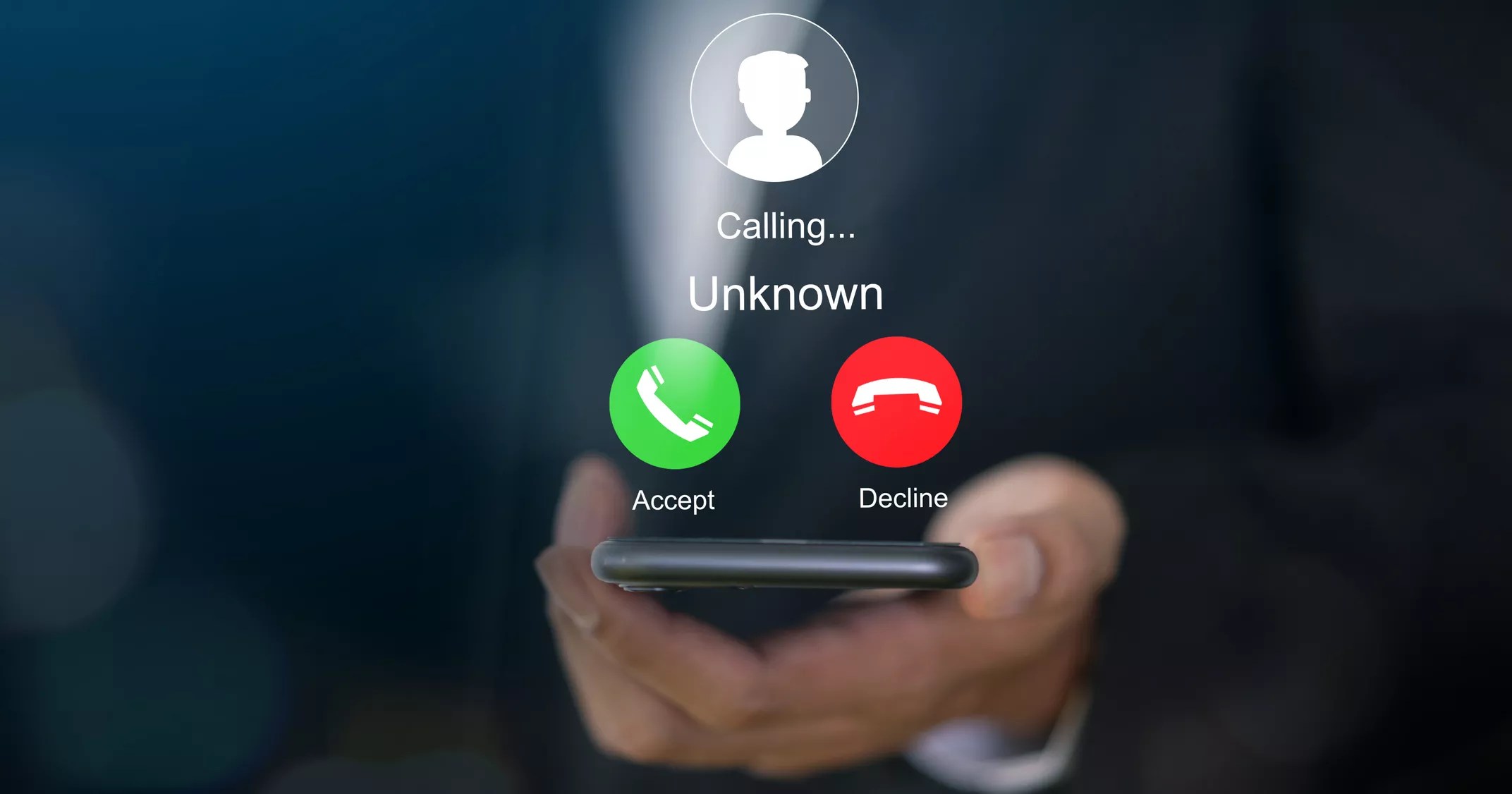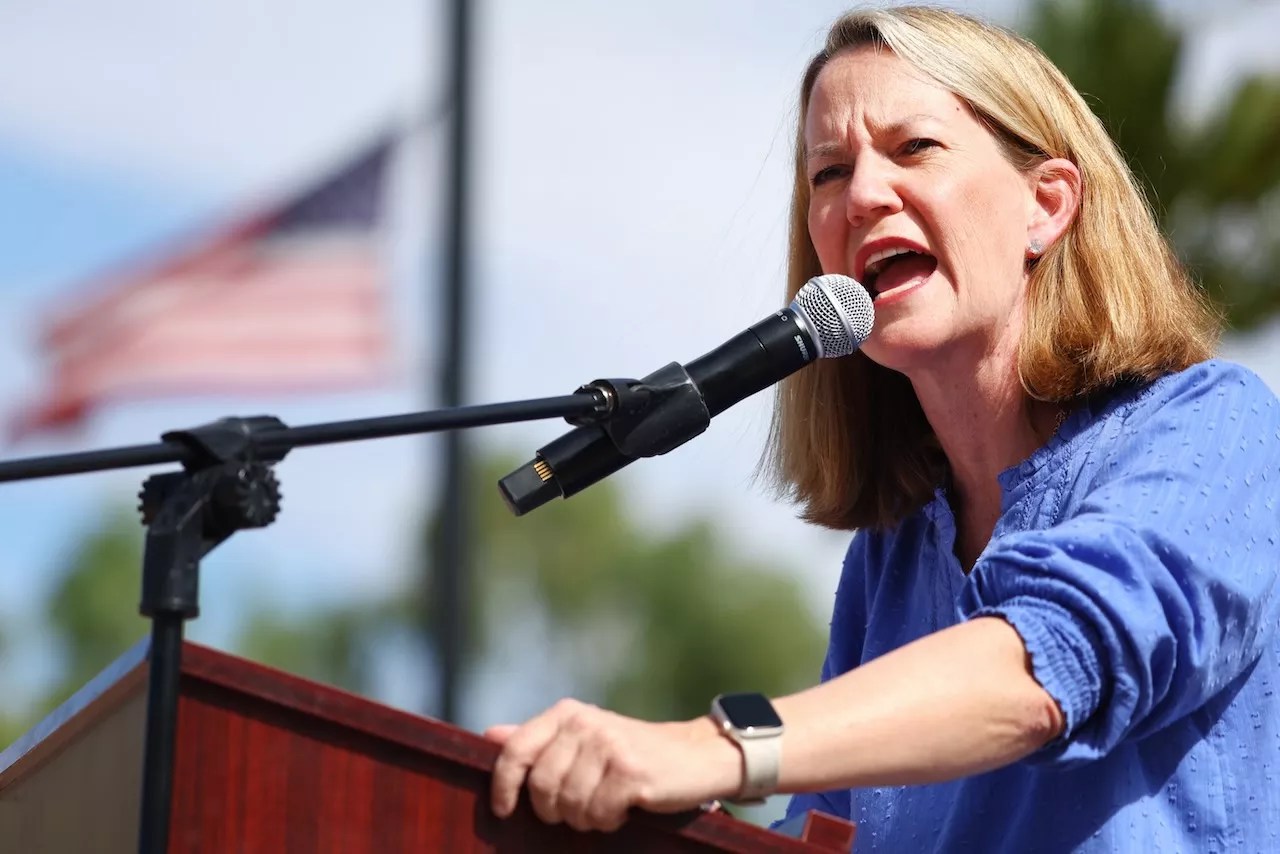
Thitima Uthaiburom/Getty Images

Audio By Carbonatix
Those annoying robocalls you’ve been receiving for years? Well, as it turns out, if you live in Arizona, you’ve been getting them at the highest rate of anybody in the country.
A recent study by Finnish casino information website Kasinohai used a dataset from the Federal Trade Commission that logged more than five million spam calls from 2018 to 2022. In its analysis, the website found that Arizonans received the most frustrating spam calls per 10,000 people.
A total of 682,235 spam calls were reported in Arizona during the study’s five-year period, which is about 927 spam calls per 10,000 people.
Close behind the Grand Canyon State is Colorado, where residents reported 910 spam calls per 10,000 people. The rest of the top 10 are, in order: Maryland, Nevada, Virginia, Delaware, New Jersey, Oregon, Connecticut and Ohio.
“There has been growing concern for spam calls in recent years with scammers becoming more and more advanced in their approaches,” Antti Virtanen, the editor-in-chief of Kasinohai, said in a written statement.
Arizona’s spot atop the list is supported by previous reports. In June 2022, a consumer survey conducted by telecommunications company Transaction Network Services found that four of Arizona’s five area codes were listed among the top 10 nationally for generating unwanted robocalls. The 480 area code, which serves the East Valley, generated 20 million unwanted robocalls in two months.
A 2024 study also found that Phoenix and Tucson were among the top 10 robocall hotspot cities nationally and that robocalls increased by 10% during that year. It also noted that Arizonans were scammed out of $145 million in 2024 – some of which is due to robocalls and spam texts. The Federal Trade Commission noted that in 2023, people across the country lost more than $1.2 billion to robocall and text message scams.

Arizona Attorney General Kris Mayes.
Mario Tama/Getty Images
Cracking down
Arizona’s status as a robocall hotspot has attracted the attention of Arizona Attorney General Kris Mayes.
Mayes has used the force of the law to try to stop robocalling enterprises, joining a task force with 50 other attorneys general to put the pressure on spam callers. On Aug. 7, Mayes’ office announced that the task force issued warning letters to 37 voice providers for failing to comply with federal rules by not responding to Federal Communications Commission requests or registering in the agency’s Robocall Mitigation Database.
“These telecom companies are knowingly allowing scam robocalls to be routed through their networks,” Mayes said in a written statement. “They’ve ignored basic federal requirements, and by doing so, they are enabling fraudsters to reach Arizonans’ phones. That stops now. My office will not tolerate companies that profit off robocalls while putting our residents at risk.”
In March, Mayes joined 27 other attorneys general to file an amicus to the Supreme Court in support of the FCC’s One-to-One Consent Rule, which they argued is key for curbing the torrent of pesky robocalls. The rule requires telemarketers to get explicit consent from people before contacting them and selling their contact information.
“We’re seeing more robocalls than ever,” Mayes noted at the time, “and, in addition to being extremely annoying for Arizona consumers, they’re also a gateway for fraud and consumer scams to try to drain millions of dollars from Arizonans’ hard-earned savings accounts each year.”